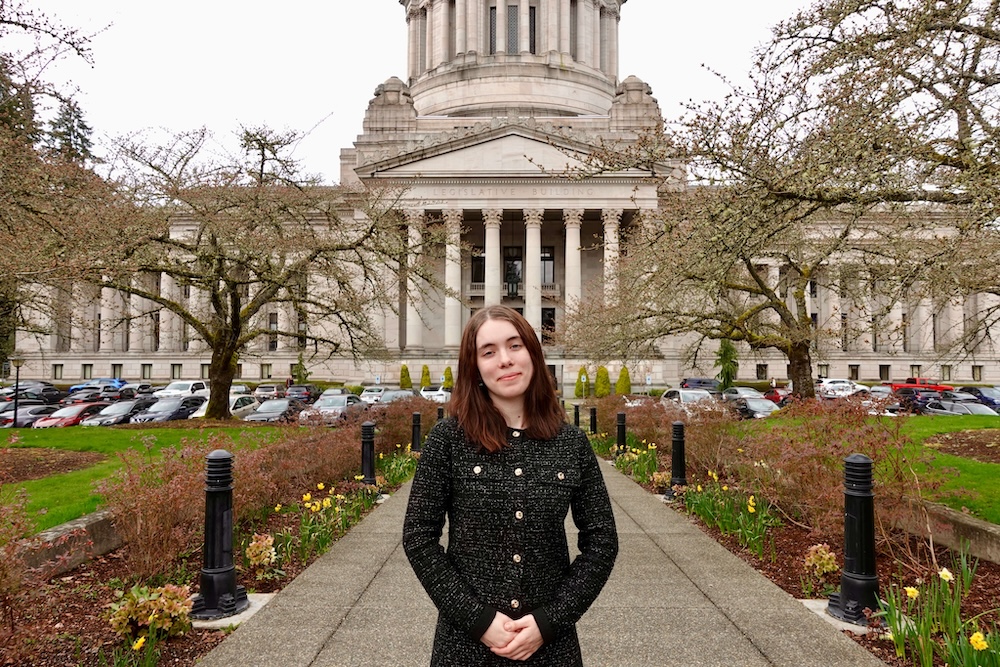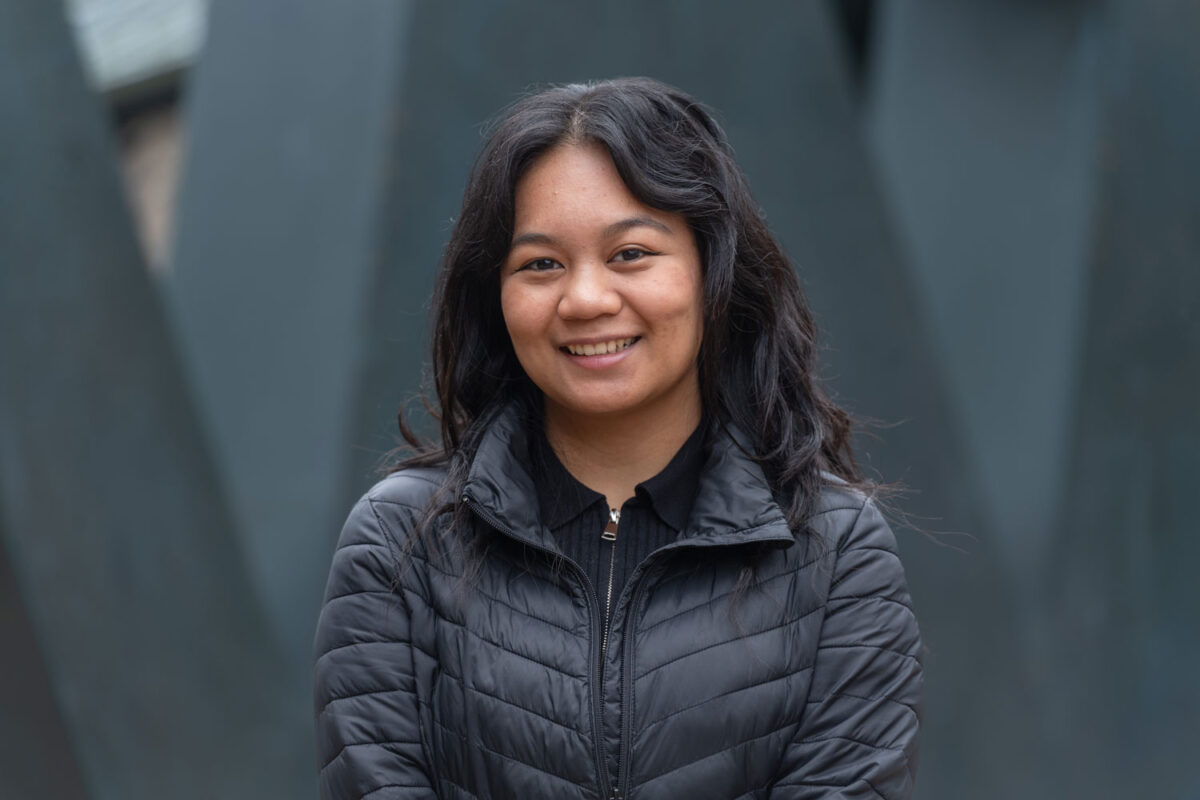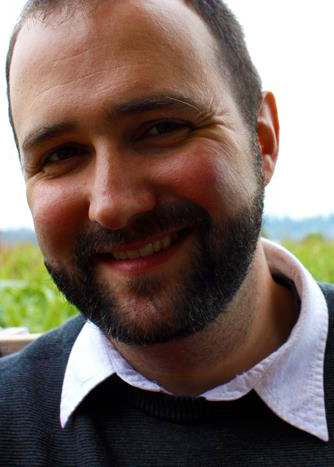
Lucky are the few who enter college knowing what they want to major in and what they want to do with their degree (and don’t change their minds multiple times). For the rest, these decisions can be challenging and require time and exploration.
Thankfully, because of the new Pathways Experience at the University of Washington Bothell, students have a wealth of opportunities, resources and support at their fingertips.
“The Pathways Experience was designed to give non-major students a sense of place and belonging on campus and, hopefully, help them spark a passion,” said Gavin Doyle, lecturer in the School of Interdisciplinary Arts & Sciences.
He, along with Deborah Hathaway who is also a lecturer in the School of IAS, developed a two-week program that introduces students not just to majors but also to co-curricular opportunities including study abroad, undergraduate research and campus clubs — among many other things.
Choose your own adventure
When the Pathways program first started in 2015, it was part of Discovery Core (DCX), a series of classes designed to help first-year students form connections with communities of peers, grow fundamental skills for success and connect with campus resources.
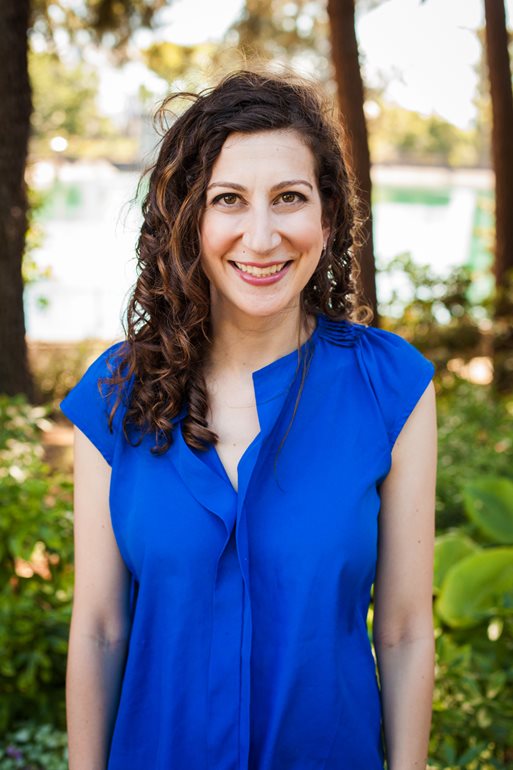
At that time, the program was only two or three days at the North Creek Event Center and included seminars from various majors and departments on campus. Professors who taught DCX courses would bring their students to listen and engage in conversation with faculty and staff.
“The problem with this model was that students didn’t have control over which seminars they would attend,” Hathaway said. “People who wanted to go into nursing, for instance, would be subjected to something like a business seminar, which wasn’t necessarily conducive or helpful.”
Wanting to give students more agency, Doyle and Hathaway began to rethink the program’s design. “We wanted it to be more of a choose your own adventure,” Doyle said. “And in addition to information, we wanted to include resources to help them act on the knowledge they were given.”
Helping students thrive
This year, rather than having professors bring their classes to a specific session, they encouraged students to go to one of their own choosing. Plus, there was no shortage of events to choose from, both online and in person.
The first week was Discovery Week, which had everything from seminars on majors to Q&A sessions with faculty and advisers to meetings with clubs or other student-led resources.
“We wanted to make sure students were aware of all the support systems on campus that will not just help them succeed in college but really thrive,” Doyle said. “We also offered a lot of the sessions virtually and recorded them so that if students had time conflicts, or weren’t comfortable coming in person, they didn’t miss out on the information.”
Each afternoon, they also included a co-curricular spotlight series that showcased the ways students could connect with the university, faculty and their peers. It had information on internships, study abroad and student publication opportunities such as Clamor, The Husky Herald and The CROW.
It also featured the new Collaboratory and the new Environmental Education & Research Center, noteworthy facilities that provide students with enhanced learning opportunities. “There are endless possibilities here at UW Bothell,” Doyle said. “The point was to get students both excited and involved.”
Campus collaboration
The second week was Engagement Week. At this point, Doyle and Hathaway hoped students had an interest that was piqued, or better yet, a passion that was finally sparked. To further this, one of the many things they implemented was one-to-one conversations with faculty.
They had professors from every major on campus available to speak with undergraduates in person at the the Student Success Center or virtually online. “We hoped that people who were currently non-majors had gained a particular interest in a field from the previous seminars,” Doyle said. “This gave them a chance to ask follow-up questions as well as gain more insight into the degree program to figure out if it would be the right fit.”
For sophomore Hunter Reeves, meeting one-to-one with professors was particularly impactful.
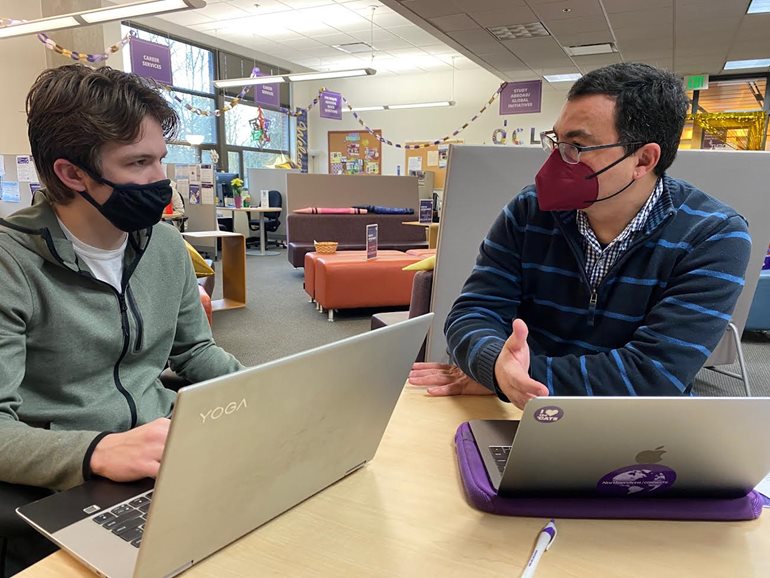
“This was my first time with the Pathways Experience. I met with Dr. Codrin Nedita from the School of Business and Dr. Yusuf Pisan in the School of STEM,” Reeves said. “Through talking with both faculty members, I gained more insight about what I have available to me and the paths I can pursue that align with my interests. It was overall a great experience.”
Finding home
In addition to the faculty panel, Doyle and Hathaway organized a handful of clubs to host new member meetings.
“If a student wants to major in biology, chances are they are going to want to join the Biology Club,” Doyle said. “This made it easy for students to forge those connections and start finding home at UW Bothell.”
He added that if students don’t gravitate toward a club among the dozens available, they could start their own. Reeves, for example, expressed interest in starting a club focused on photography.
Doyle and Hathaway also enlisted the help of the Writing & Communication Center so that students could get support completing applications for their major. They even got the schools with early applications to extend their deadlines so students would be able to get feedback on their personal statements before submitting.
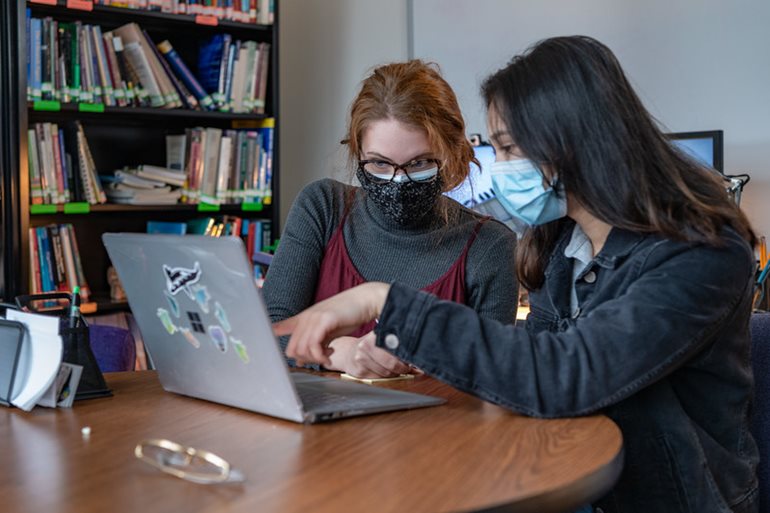
“We are so grateful to the departments, faculty and advisers across campus because the Pathways Experience would not have been possible without their help and cooperation,” Hathaway said. “This is truly an incredible university, and I am so glad we had the chance to highlight that.”

